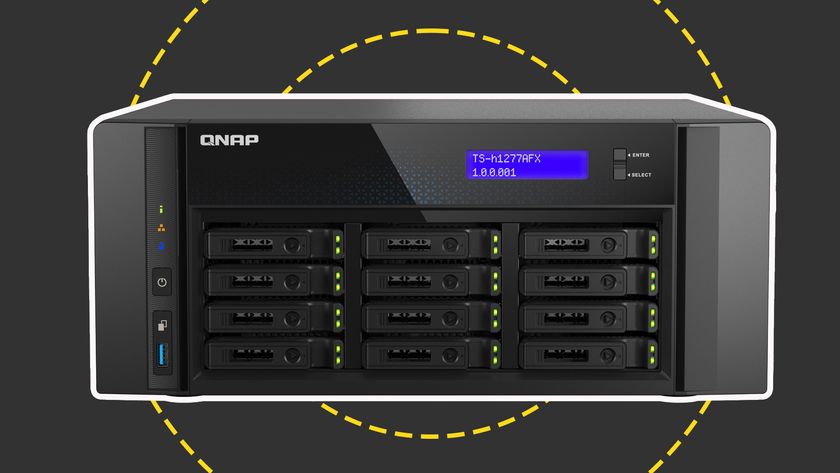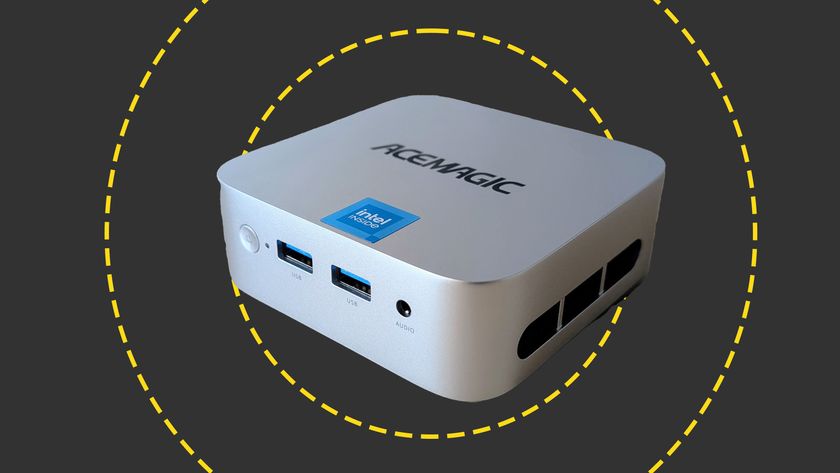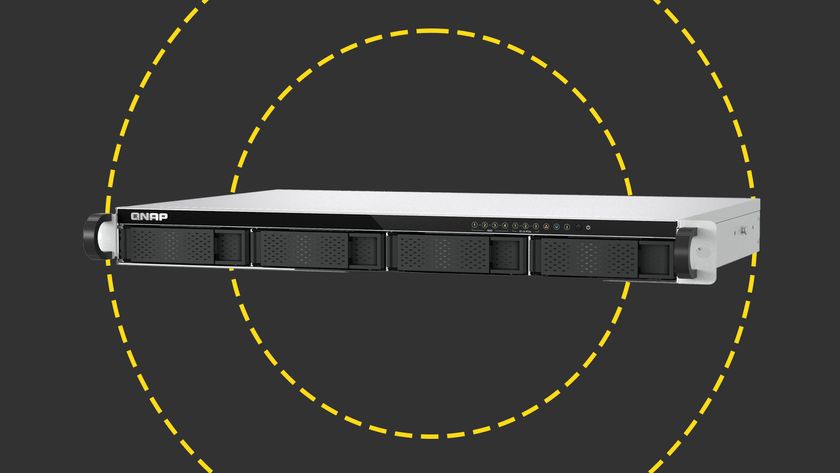Like most new SSDs, the M4 supports garbage collection as well as the TRIM command to maintain disk performance over time.
When comparing the M4 to its predecessor, it's clear that Crucial's small changes have paid dividends, but Intel's 510 series 'Elmcrest' SSDs still manage to outpace it in our file transfer benchmarks. This performance gap is partly justified by its price; our 256GB review sample costs almost 100 ex VAT less than the equivalent Intel disk. You also get slightly more storage space for your money, as nothing has been set aside for over-provisioning. We could access the entire 238GB in Windows after formatting.
Of course there's also an elephant in the room, in the form of SandForce. Now that OCZ has fixed the firmware issues that prevented its Vertex 3 from going on sale in March, we'll soon be able to see if SandForce can take the performance crown. Crucial's SSD is well-priced and has great performance, but there are definitely faster alternatives available if price isn't a concern.
Verdict
Although it's not radically different from last year’s model, the M4 is significantly faster than the disk it replaces. Intel’s 510 Series SSDs are still dominant in our performance benchmarks, but both have the potential to be blown away by SandForce. Stick with Intel if you need the best performance now, or wait to see what other manufacturers can squeeze from their memory controllers in the next month or two.
Product type: internal SATA Solid State disk Capacity: 256GB Formatted capacity: 238GB Price per gigabyte: £1 (based on ex. VAT price) Interface: SATA III Power connector: SATA Noise: 0dbA Spindle speed: N/A Cache: N/A Part code: HDR-SSD-CT256M4SSD2 Warranty: Three years return to base BENCHMARKS Large files write 252.8MB/s Large files read 319MB/s Large files average 285.9MB/s Small files write 171.9MB/s Small files read 48.3MB/s Small files average 110.1MB/s














